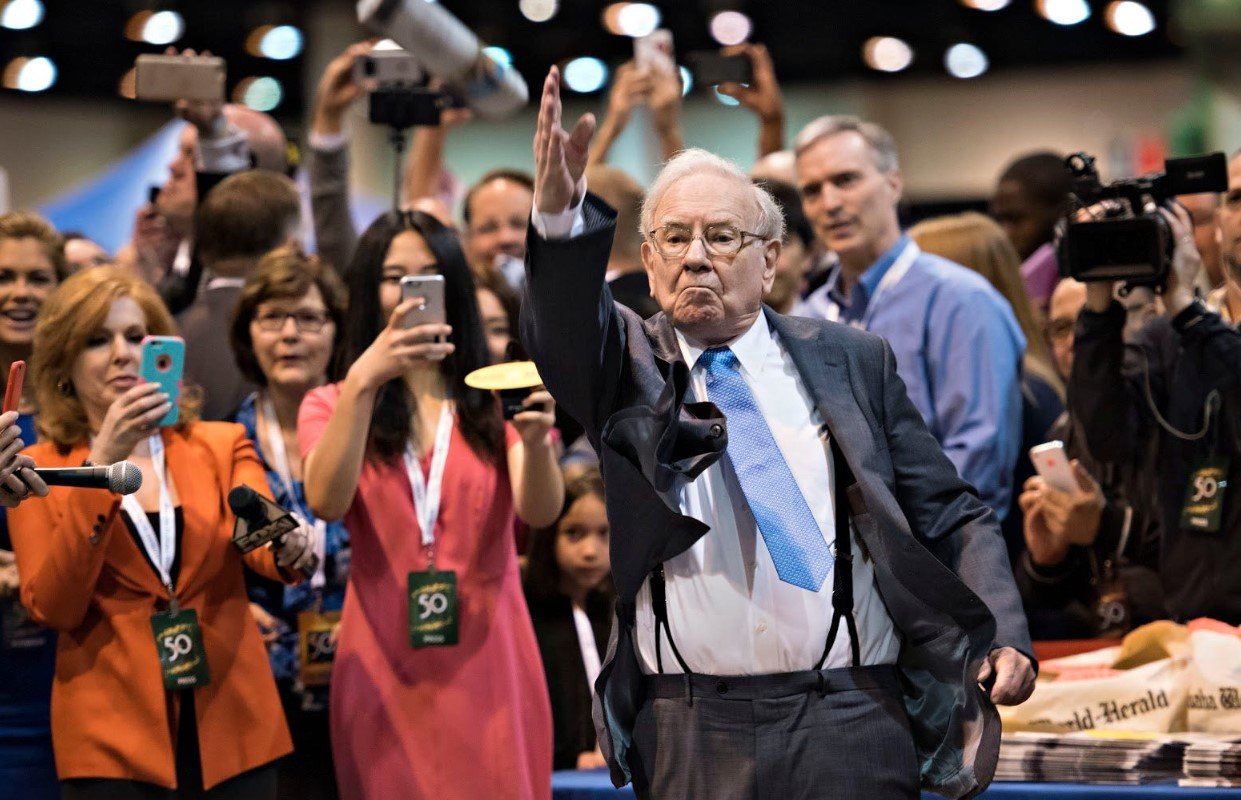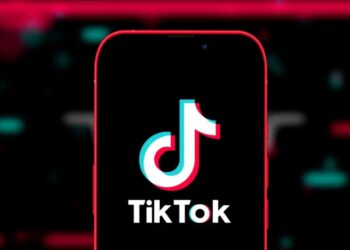Meta Platforms Inc., the parent company of Facebook and Instagram, is making headlines with its ambitious move to secure the voices of Hollywood celebrities for its artificial intelligence projects. The tech giant is reportedly offering millions of dollars to stars like Judi Dench, Awkwafina, and Keegan-Michael Key to record and use their voices. This initiative is part of Meta’s broader strategy to develop a suite of AI tools, including chatbots that could serve as digital assistants or companions, ahead of its Connect 2024 event in September.
Meta’s Ambitious AI Plans
Meta’s latest venture into AI involves negotiating with top Hollywood talent to lend their voices to its AI projects. The company aims to create chatbots that can interact with users using the voices of well-known celebrities. This move is seen as a way to enhance user experience and engagement by providing a more personalized and relatable interaction. However, the negotiations have been complex, with representatives for the actors seeking stricter limits on the use of their voices.

The use of celebrity voices in AI is not entirely new for Meta. The company has previously experimented with creating text-based chatbots inspired by celebrities like Dwyane Wade and Paris Hilton. Although that program has ended, Meta’s current efforts indicate a renewed focus on integrating celebrity personas into its AI offerings. This strategy aligns with Meta’s goal of staying ahead in the competitive AI landscape.
Despite the potential benefits, the use of AI in this manner has raised concerns within the Hollywood community. Many fear that the increasing reliance on AI could lead to job losses and a reduction in creative opportunities for actors and writers. These concerns were highlighted during labor stoppages last year, where screenwriters and actors fought for protections against the use of AI in their industry.
The Financial Stakes
The financial stakes in Meta’s AI initiative are significant. Reports suggest that Meta is offering as much as $5 million to celebrities for their participation in these projects. This substantial investment underscores the importance Meta places on integrating high-profile voices into its AI tools. The company believes that the inclusion of celebrity voices will not only attract more users but also set its AI offerings apart from competitors.
Meta’s willingness to invest heavily in this area reflects its broader strategy to dominate the AI market. By securing the voices of well-known celebrities, Meta aims to create a unique and engaging user experience that leverages the popularity and familiarity of these stars. This approach is expected to drive user engagement and retention, ultimately contributing to Meta’s long-term success in the AI space.
However, the financial negotiations have not been straightforward. There have been multiple instances where talks between Meta and talent representatives have stalled due to disagreements over the terms of use. Representatives for the actors are pushing for more stringent controls on how their voices can be used, reflecting the broader concerns within the industry about the implications of AI.
Industry Reactions and Future Implications
The reactions within the industry to Meta’s AI initiative have been mixed. While some see it as an innovative way to enhance user interaction, others are wary of the potential negative impacts on the creative community. The Screen Actors Guild‐American Federation of Television and Radio Artists (SAG-AFTRA) has been actively involved in the negotiations, seeking to ensure that the rights and interests of actors are protected.
The use of AI in entertainment is a contentious issue, with many fearing that it could lead to a devaluation of human creativity. The integration of celebrity voices into AI tools is seen by some as a step towards a future where AI-generated content becomes more prevalent, potentially reducing opportunities for human actors and writers. This has led to calls for stricter regulations and guidelines to govern the use of AI in the industry.
Despite these concerns, Meta remains committed to its AI strategy. The company is racing to finalize deals with celebrities in time for its Connect 2024 event, where it plans to unveil its new AI tools. The success of this initiative could have far-reaching implications for the future of AI in entertainment, potentially setting a precedent for other tech companies to follow.
As Meta continues to push the boundaries of what is possible with AI, the industry will be watching closely. The outcome of these negotiations and the subsequent launch of Meta’s AI tools could shape the future of AI in entertainment, influencing how other companies approach the integration of AI into their products and services.









